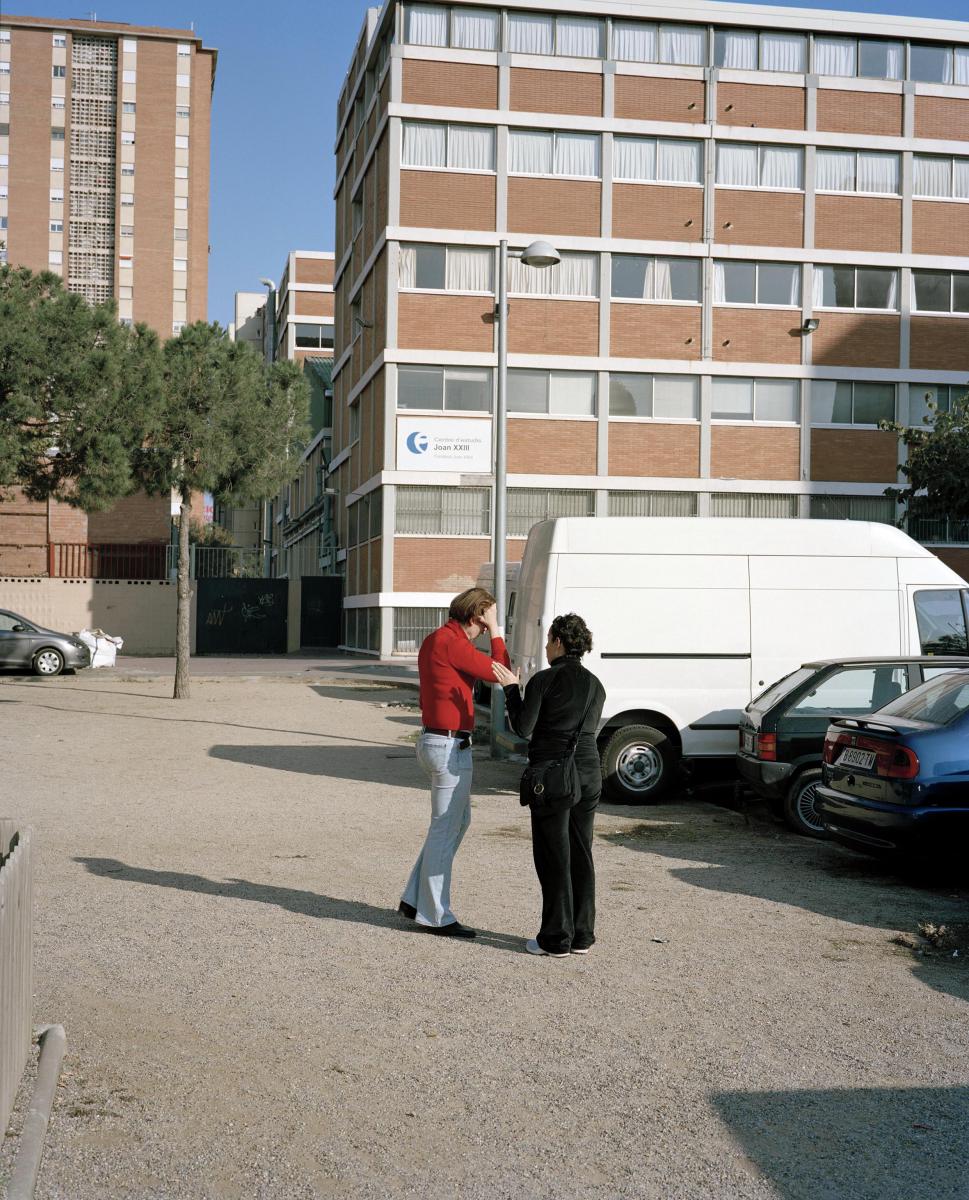« Prostitution: work, stigmatisation and salvation. Sex worker collectives against police practices »
The state makes a display of its pastoral work when it can dress its law enforcement practices up in the rhetoric of salvation. We know that voicing grievances and establishing identities based on victimhood have long been at the crux of the social State, grounding a real « politics of grievance ».
Yet it is not difficult to see why the prohibition of activities related to sex work can only lead to increased precarity, vulnerability and exposure to violence (including police violence) for sex workers themselves. And sex workers tell us that the penalisation of service “users” is the very wrong ‘right solution’ that leads to the self-same results.
The situation is very similar to that of substance-use prohibition: politicians, the police, judges and healthcare professionals claim “it is for your own good” (although an increasing number are calling into question the well-foundedness of the claim), while simultaneously making substance-use increasingly precarious, risk-laden and ill-informed, fostering what can be disastrous forms of sociability.
The « good » in question here is tied to a logic that marginalises, pathologises and ultimately criminalises sex workers and substance users alike. It stems from the fear of envisaging alternative ways of relating to the body. As one sex worker put it: not everyone is cut out for prostitution, but some people experience it as an occupation that can be perfectly well integrated into their lives. If we establish rights for the practice of sex work we will be giving sex workers proper protection and also the possibility of choosing to stop doing sex work (as one prostitute humorously put it: by benefiting from career conversion programmes, for instance). And indeed, are there not self-run, cooperative brothels in New Zealand?
Likewise, if we open up the possibility of informed substance-use and enable peers to share information and experiences, we will consequently reduce risk. In such contexts, taking care entails, more than ever, taking care of the social and therefore collective conditions of a practice.
With the participation of Thierry Schaffauser, from the STRASS (French union of sex workers), Maxime Maes, founder of the UTSOPI collective, Belgian union of sex workers, and a spokesperson from the Roses d’Acier, a collective of mostly Chinese sex workers in Paris. We will also be joined by Fabrice Olivet of ASUD, (a self-support group for substance-users).
They are all engaged in opposing prohibition, a struggle that cannot be set apart from the sharing of singular experiences that speak to the limits of normalised ways of relating to the body, to exchanges between bodies, their affects and perceptions.

photo : Xavier Ribas, Habitus n°10.2, 2007

